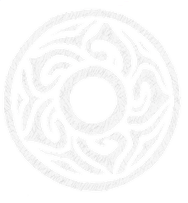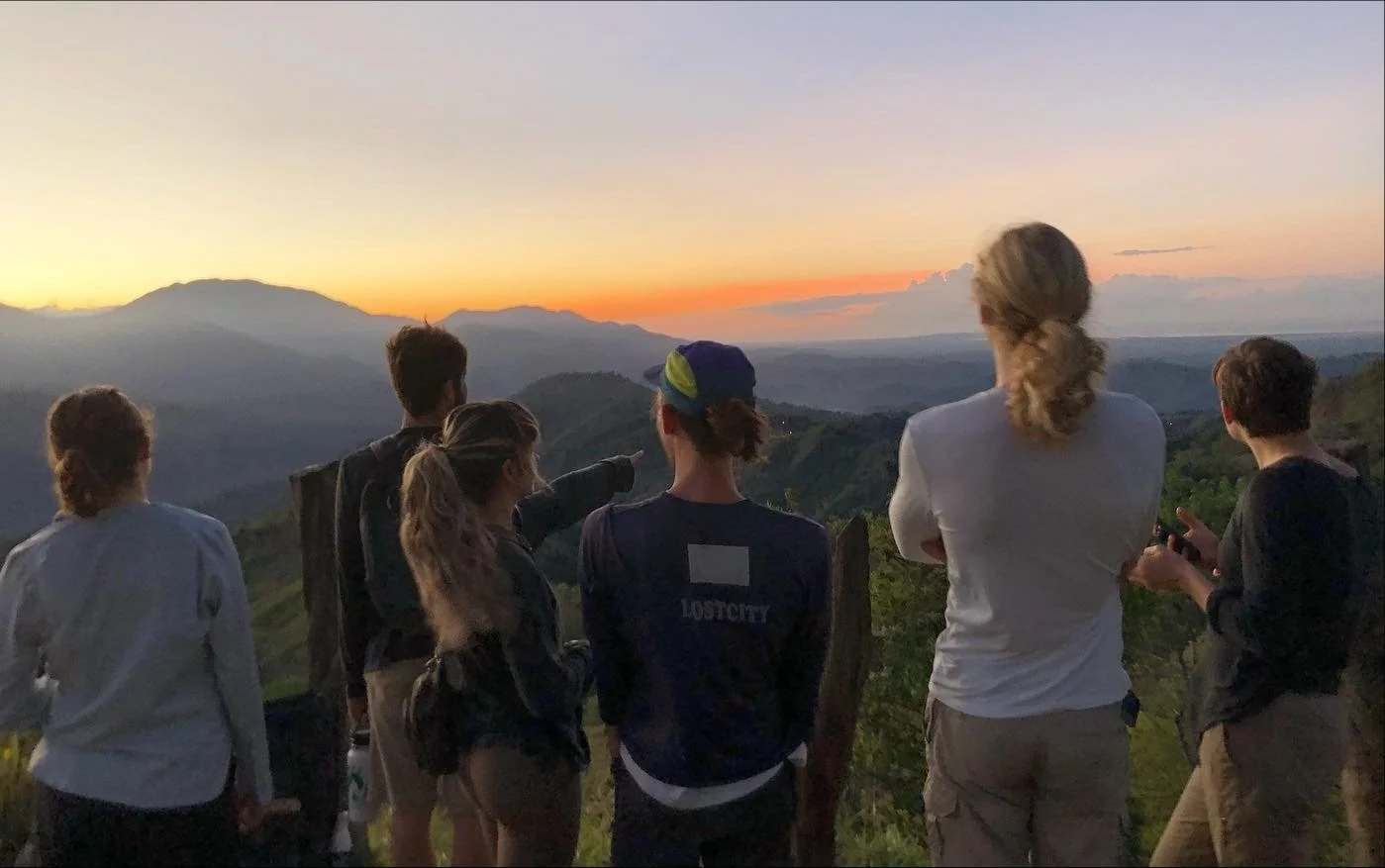#Pura Vida: The Art of Living and Letting Go in Community
By 2021 apprentice Abbey Cmiel
“Pura Vida, Pura Vida!” we all shouted as we backed away from our clay plastered walls. Many of us perfectionist-types begrudgingly set down our plastering tools and glanced side to side to compare our practice panels to our neighbors. I itched to go back in with my trowel and get all those micro-cracks or indentations just right, but lunch would not wait.
Apprentices practicing the art of plastering
If you’ve spent any time in Costa Rica, you’ve probably become accustomed to the common refrain of “Pura Vida”. A phrase that simultaneously means hello, goodbye, what’s up, “thank you”, “sorry”, and “how are you?”, it’s extremely useful for novice Spanish speakers and members of large communities. When you live amongst 20 or so people, finding the right words for in-passing greetings and remarks can be challenging. I’m one to reply, “you too” when someone says “Happy Birthday” or “Thanks” when someone asks how I am. Having this catch-all phrase, if nothing else, is a handy device the Ticos have perfected.
At first, I was confused by the term which I had mentally translated directly to “Pure Life.” Costa Rica is certainly known for being one of the healthiest places to live on Earth with high environmental protections and standard of living. But although Pura Vida certainly alludes to living a healthy, and “pure” life, I soon learned of a more nuanced translation, something closer to “that’s pure life” or “it is what it is”.
About a month ago, my phone was stolen while on a beach trip with friends from Rancho. We scoured the beach before finally giving up, at which point my friend shrugged and said, “Pura Vida” with a wink. After tempering my immediate impulse to smack him, I laughed and realized this was indeed part of the Pura Vida. Pure, unadulterated life- with it’s crazy roller coaster of frustrations, fears, excitements, and successes.
In just a few short months at the Ranch, I have personally experienced a myriad of life challenges: losing my grandpa, sustaining a back injury that had me down for a few weeks, homesickness, questioning my purpose, and interpersonal relationship struggles. Simultaneously, I have felt more forms of joy than I knew existed: from running on the soccer field, to carving a beautiful clay plaster, to cooking an excellent meal with friends, to watching a seedling I had planted grow. Every moment here feels so rich with wisdom to be gleaned, relationships to be deepened, and love to be shared.
Abbey cooking the crew a delcious farm to table dinner
It seems many cultures have a version of “Pura Vida”: in France “c’est la vie”, in Spain, “que será, será”, and in Japan “Wabi-Sabi”. In each of these concepts there’s a sense of “well, that’s just how it is”, but more importantly, that there’s a joy that comes from embracing what appear to be life’s imperfections. I have learned here at Rancho Mastatal that the immense range of life experiences, particularly the rough spots, not only make us better people, but make life worth living at all. If I had it my way, my plastered walls would look smooth as silk, my rice would be perfectly cooked, I would never get sick and I would never be so silly as to leave my phone out on the beach unattended. However, it’s these challenges that force us to lean on one another. They’re the backbone of community.
When I lost my phone, another apprentice offered me his old one. When my grandpa passed away, the group made a gorgeous bouquet and held me in countless hugs. My complete incompetence at making the perfectly plump and oily Costa Rican rice gives me the chance to hover around the amazing Tica chefs we work with and learn their ways. It’s in the moments of supposed shortcomings, incompetence, and sadness that allow us to step up for one another and remember our interdependence.
Pura Vida, above all else, are the reminders that we are “Pure Life”. We are all a part of the intricately woven and beautifully imperfect tapestry of life, death, food, decay, sharing and giving. By offering my skills and abilities, whether doing a few extra dishes or translating for visitors, I support this web of wellbeing. We do our best, step up fully to the challenges, and then put down the plastering trowel when we can do no more. And in embracing my imperfections as opportunities for others to love and support me, we collectively build a more connected and whole culture.
Having fun and making local chocolate bon bons
Stay tuned for more stories of life at the Rancho and the daily life of communal living.
Pura vida!




